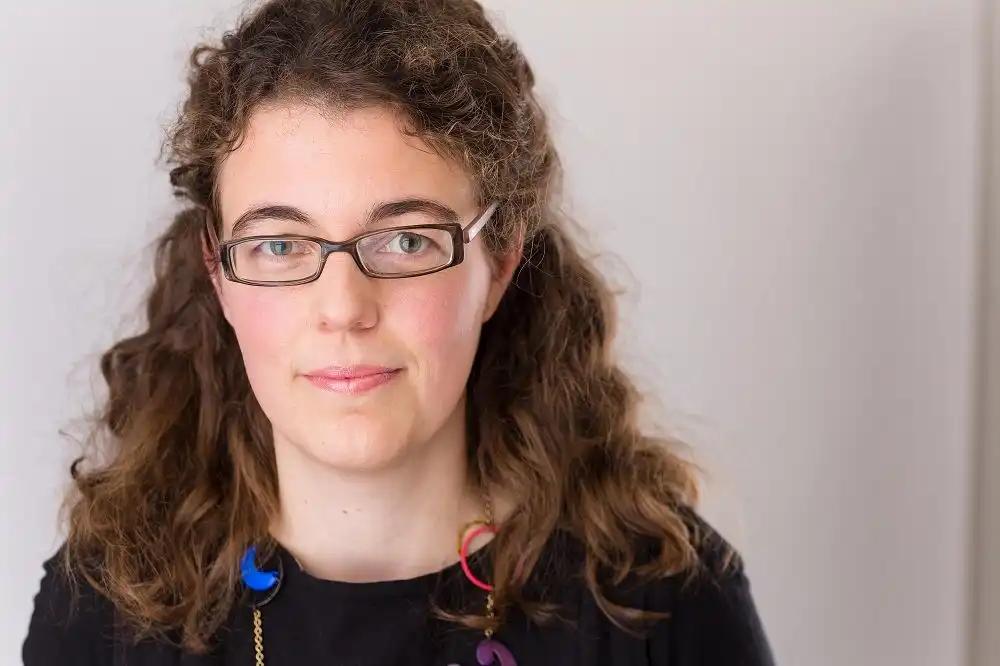Home>Meet Katharina Rall, coordinator of the Human Rights, Economic development and Globalization (HEDG)
02.12.2024
Meet Katharina Rall, coordinator of the Human Rights, Economic development and Globalization (HEDG)
YOU RECENTLY JOINED THE SCIENCES PO LAW SCHOOL TEAM AS COURSE INSTRUCTOR AND CLINIC PROGRAMME COORDINATOR, CAN YOU TELL US A BIT ABOUT YOUR ACADEMIC AND PROFESSIONAL BACKGROUND?
I am a lawyer by training and I have spent most of my career working in human rights research and advocacy. In my current job as a senior researcher at Human Rights Watch, I document the human rights impacts of climate change and toxic pollution driven by the fossil fuel industry, urging governments, industry, and other duty bearers to live up to their obligations to protect our plant and realize rights.
Before joining Human Rights Watch, I researched economic, social, and cultural rights with the Center for Human Rights and Global Justice at New York University School of Law and worked with human rights lawyers seeking justice for communities affected by extractive industries. I was also previously involved in litigation and advocacy holding the U.N. to account for its role in Haiti’s cholera outbreak.
I started teaching at Sciences Po last year and I am excited to have joined the Law School clinical team as a coordinator and instructor this year.
WHAT DOES YOUR ROLE AS CLINIC PROGRAMME COORDINATOR INVOLVE?
As a coordinator of the Human Rights, Economic development and Globalization (HEDG) clinic programme I oversee the academic and practical components of the clinical work. In practice, this involves the design of the HEDG clinic curriculum and ensuring effective coordination between the different instructors and guest speakers. I am also available for students and tutors who need advice on their project work.
CAN YOU EXPLAIN HOW THE WEEKLY HEDG SEMINAR CLASS IS TAUGHT? WHAT EXACTLY DO STUDENTS DO DURING THE CLASS?
The seminar allows students to gather some of the experience and skills needed to confront injustice arising from inequality and climate destruction using the human rights framework. All classes are taught by human rights practitioners and our goal is to equip students with practical tools that can help them in their clinical work and beyond. For example, we have seminar sessions focused on designing a human rights advocacy campaign and on interviewing techniques. We are also devoting time to ethical reflections about the clinical work and students can discuss potential challenges and opportunities they are facing with in their projects.
WHAT TYPE OF CLINIC PROJECTS ARE STUDENTS WORKING ON THIS YEAR?
Students are working on a wide range of projects seeking to hold states and corporate actors accountable for human rights abuses linked to economic injustice, inequality and the global environmental crisis. Several projects use UN human rights mechanisms as a tool to realize economic, social, cultural and environmental rights, while others aim to bring legal cases challenging corporate actors. Geographically, students are working with partners based in various locations including France, Kenya and The West Bank.
